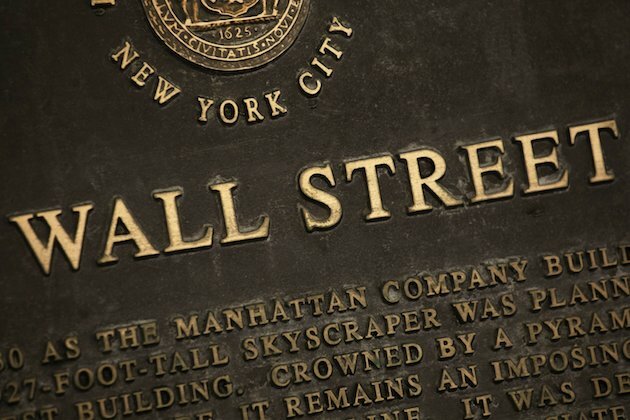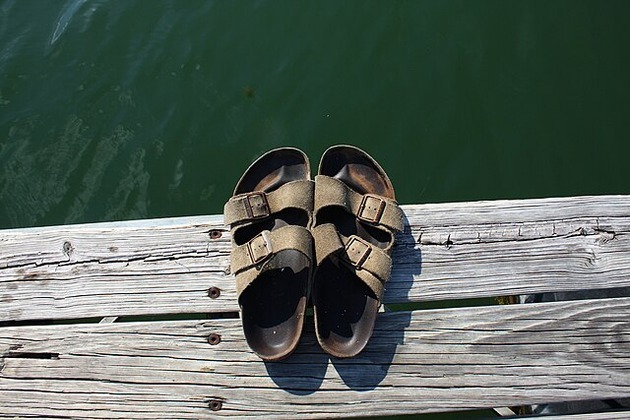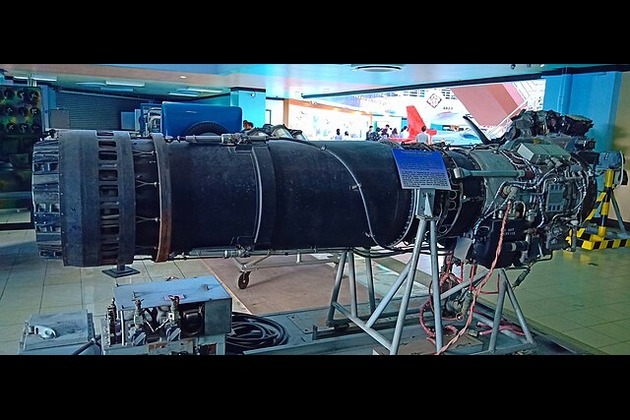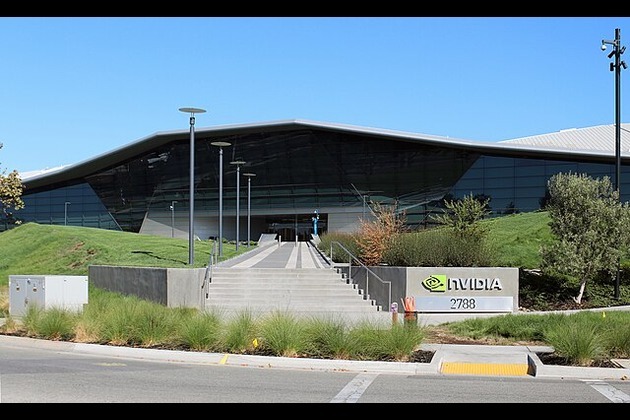Why outer space matters in a post-pandemic world
The Conversation
06 Jul 2020, 02:08 GMT+10
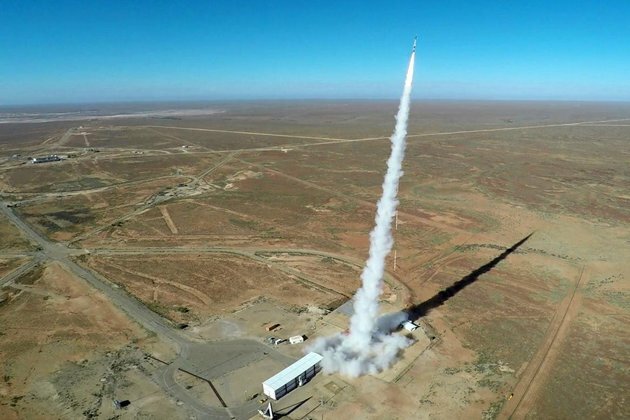
With all of the immense challenges we face on Earth this year, space can feel like an afterthought.
Before the COVID-19 pandemic, the hope of a growing space industry was palpable. Ribbons were cut, buildings were dedicated and Australia's space industry was going to triple in size in just ten years. But a few weeks into March, Europe and then Australia were slowly grinding to a halt as the reality of COVID-19 set in.
Satellite images from ESA's Copernicus Sentinel-2 mission in space showed the extent to which the virus lockdown was affecting major cities.
Next came the dramatic global economic downturn that seemed certain to crush Australia's space ambitions. Consultants began sending a flurry of email surveys to see how everyone in the industry was coping. How would this change the future of our nation's newest dream?
Read more: Ten essential reads to catch up on Australian Space Agency news
Suddenly, space is everywhere
Work in the space industry has always continued even under the most difficult circumstances. Missions take years to plan and launch. The global space industry has, out of necessity, always embraced uncertainty. Innovation will not stop. International cooperation is still strong. Missions are continuing.
It was just announced that the European Union is signing a billion-euro agreement with French global launch services company Arianespace, with the hope of injecting another 16 billion euros into the European space industry by 2027. This is big news for Australia's space industry too. Our history with Arianespace goes back to its predecessor, which launched the Europa rocket for the first time ever in South Australia in 1964.
NASA and SpaceX are making headlines for the first trip to the International Space Station in a commercially built and operated American spacecraft with astronauts on board. China's space program is rapidly developing and an upcoming mission could make it the second country to land and operate a spacecraft on Mars.
Australia's space capabilities
In this multinational mix, Australia has much to offer. We are currently leaders in advanced and quantum communication that would make deep space communication possible, as well as creating unhackable communications on Earth.
Our government has taken steps to realise these opportunities through its first round of funding to accelerate the industry and galvanise the future of our space agency.
Ten strategic space projects just received government funding to help Australia build relationships with other international space agencies. In defence funding announcements last week, space was highlighted as one of the five defence domains for a strong Australian Defence Force.
A quick recovery
We are now seeing some amazing post-COVID wins for Australia. Planet Innovation, a Melbourne-based company, was the only Australian manufacturer to be chosen by NASA's Jet Propulsion Laboratory to make an innovative COVID ventilator. More than 300 companies around the world applied for the opportunity.
SpaceX chief Elon Musk suggested Hobart-based boat builder, Incat, could help build "floating, superheavy-class space ports for Mars, Moon and hypersonic travel around the Earth." Fleet Space Technologies and Oz Minerals were just awarded a grant to use space technology in mineral exploration.
A few weeks ago, the Australian National University National Space Test Facility (NSTF) was the first non-COVID research facility at the university to reopen. Its first project was testing a piece of space equipment created by Australian company Gilmour Space Technologies that will fly on an Australian space mission in 2022.
Next, the NSTF team performed testing for Fleet Space Technologies, who drove their components from Adelaide to Canberra as there were no connecting flights. The NSTF has been continuously testing other space components for Australian missions since it reopened.
These are all hard-won successes in the face of COVID, and they speak volumes about the promise of Australia's space industry.
Read more: SpaceX's historic launch gives Australia's booming space industry more room to fly
Space will help Australia recover
Our space industry also enables others. Space technologies are transferrable to Earth-bound sectors such as health and mining, and the industry helps economic recovery because it operates at many scales from small research projects to large multi-disciplinary initiatives.
Our nation is set to give rise to bespoke satellites that are proprietary to Australia. We will have our own satellite constellations to address critical issues like drought, water quality management and bushfires.
Our innovation will protect our sovereignty, and global space industry titans like NASA can see our promise with missions like Artemis: Moon to Mars.
Australia's space industry began in uncertainty, and - despite bushfires, pandemics and massive change - it will succeed under uncertainty.
Author: Anna Moore - Director of The Australian National University Institute for Space and the Advanced Instrumentation Technology Centre, Australian National University 
 Share
Share
 Tweet
Tweet
 Share
Share
 Flip
Flip
 Email
Email
Watch latest videos
Subscribe and Follow
Get a daily dose of Business Sun news through our daily email, its complimentary and keeps you fully up to date with world and business news as well.
News RELEASES
Publish news of your business, community or sports group, personnel appointments, major event and more by submitting a news release to Business Sun.
More InformationFinancial Markets
SectionU.S. stocks steady Tuesday despite tariffs turmoil
NEW YORK, New York - U.S. and global markets showed a mixed performance in Tuesday's trading session, with some indices edging higher...
Beijing blamed for covert disinformation on French fighter jet Rafale
PARIS, France: French military and intelligence officials have accused China of orchestrating a covert campaign to damage the reputation...
Birkenstock steps up legal battle over fakes in India
NEW DELHI, India: Birkenstock is stepping up its efforts to protect its iconic sandals in India, as local legal representatives conducted...
Wall Street reels after Trump invokes new tariffs
NEW YORK, New York - Monday's trading session saw mixed performances across U.S. and global markets, with several major indices posting...
Trump admin allows GE to restart engine sales to China’s COMAC
WASHINGTON, D.C.: The U.S. government has granted GE Aerospace permission to resume jet engine shipments to China's COMAC, a person...
Russia among 4 systemic risk countries for Italian banks
MILAN, Italy: Italian regulators have flagged four non-EU countries—including Russia—as carrying systemic financial risk for domestic...
Technology
SectionTikTok building U.S.-only app amid pressure to finalise sale
CULVER CITY, California: TikTok is preparing to roll out a separate version of its app for U.S. users, as efforts to secure a sale...
Trump admin allows GE to restart engine sales to China’s COMAC
WASHINGTON, D.C.: The U.S. government has granted GE Aerospace permission to resume jet engine shipments to China's COMAC, a person...
Meta hires SSI CEO Gross as AI race intensifies among tech giants
PALO ALTO/TEL AVIV: The battle for top AI talent has claimed another high-profile casualty—this time at Safe Superintelligence (SSI),...
Microsoft trims jobs to manage soaring AI infrastructure costs
REDMOND, Washington: Microsoft is the latest tech giant to announce significant job cuts, as the financial strain of building next-generation...
Nvidia briefly tops Apple’s record in AI-fueled stock rally
SANTA CLARA, California: Nvidia came within a whisker of making financial history on July 3, briefly surpassing Apple's all-time market...
Google starts rolling out 'AI Mode' in Search for users in India, says CEO Sundar Pichai
California [US], July 9 (ANI): Google CEO Sundar Pichai said on Tuesday that the company has started to roll out its 'AI Mode' in Search...

